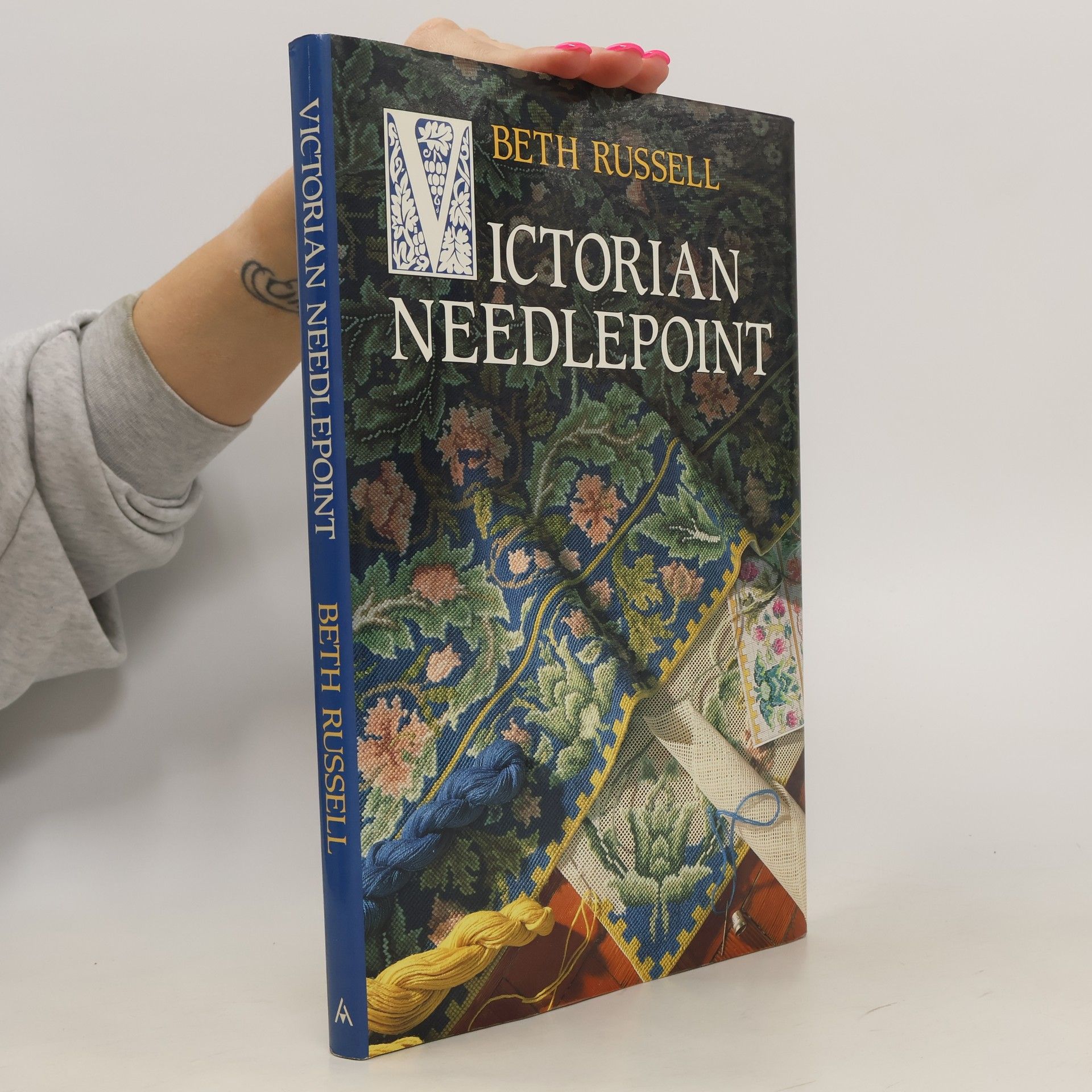This book presents 25 needlepoint projects b ased on the designs of William Morris and his contemporaries in the Arts & Crafts Movement. Each design is carefully cha rted and accompanied by detailed step-by-step instructions. '
Beth Russell Livres


This book presents 25 needlepoint projects b ased on the designs of William Morris and his contemporaries in the Arts & Crafts Movement. Each design is carefully cha rted and accompanied by detailed step-by-step instructions. '